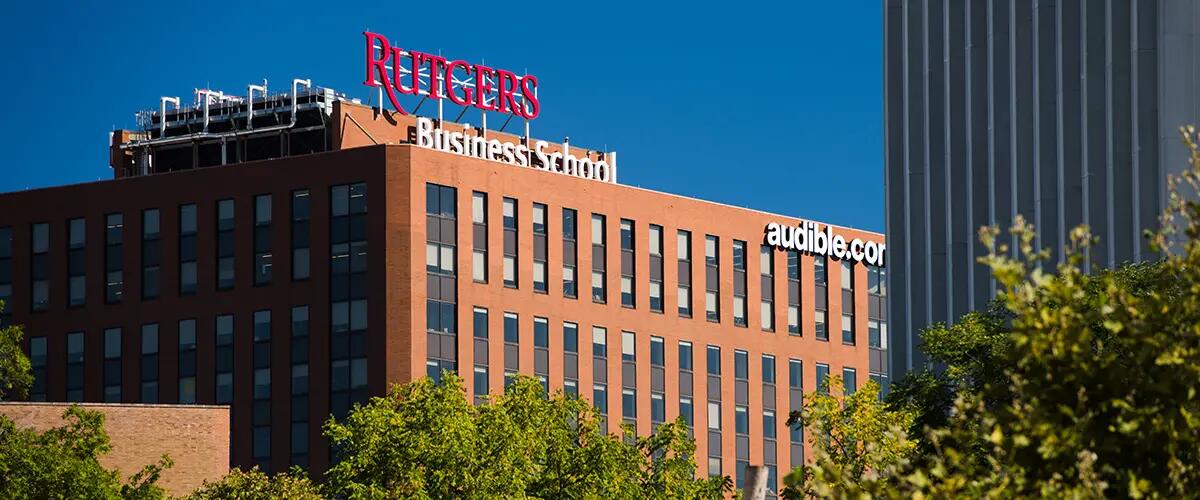
Thinking about going to business school? Rutgers ranks No. 9 for return on investment, according to Fortune.com
Rutgers landed among the Top 25 business schools for a favorable return-on-investment – a particularly meaningful phrase for students interested in business, according to an article published recently by Fortune.com that explored the payoff of going to business school
When the cost of tuition at Rutgers Business School was compared with the 20-year return on investment, Rutgers ranked No. 9 in the group of 25 schools, including the University of California-Berkeley, the University of Pennsylvania and New York University.
With the assistance of PayScale.com, which has compiled the world’s largest database of individual salary profiles, Fortune explained that public institutions are better investments as a result of tuition costs and location.
Read more about the ranking and the rationale for the favorable return-on-investment of attending Rutgers Business School in the story below.
(This article was originally posted by Money.com and re-published by Fortune.com in partnership with Money in early April.)
The surprising public colleges that beat out many pricey private schools.
By Kara Brandeisky, Money
Anyone with a mind for business has the same question about college: What’s the return on my investment? If I’m going to take on some $28,400 in student debt, will that stake pay off in a lifetime of higher earnings?
Economists generally agree that a college degree pays off, but new research from PayScale has even better news for students planning on majoring in business: You don’t have to go to a pricey private school to reap the biggest return. In fact, you’re often better off at a state school.
PayScale calculates the expected "return" for colleges all around the country—how much more graduates earn over 20 years compared to high school grads, minus the total cost of school (everything from tuition to books) and the four years of income you give up while you’re studying.
The best return on investment for business majors? An education at the University of California-Berkeley (which overall ranks as the 13th best college value in MONEY’s Best Colleges list). Apparently the road to business success is lined with Birkenstocks.
The total in-state tuition and expenses is over $34,000, and the average borrower leaves Berkeley with $23,360 in loans. But that pays off with a median $1,133,100 return on investment over 20 years.
Precocious young investors might see those numbers a different way: That’s a 12.2 percent annualized ROI. Good luck finding that kind of return in the stock market.
And nine more public schools make the top 25 list: University of Virginia, University of North Carolina, Rutgers, University of Washington, UCLA, SUNY at Binghamton, Georgia Institute of Technology, University of California-San Diego, and Cal Poly.
Why do public institutions fare so well? "It’s likely a combo of lower tuition costs and location," Lydia Frank of PayScale writes in an email. "You’ll notice that many of the public schools that rank well on that list are located in places like California where salaries tend to be higher. If alumni are sticking around after graduation, they’re going to fare better than students who went to public school somewhere in the Midwest and ended up working there."
Of course, part of the reason those nine public schools offer such a high return on investment is because your upfront cost is much smaller when you pay in-state tuition. But even when you consider the cost for out-of-staters, public institutions top the list. Case in point: You’re still best off going to Berkeley, even if you have to pay more than $57,000 a year in out-of-state tuition.
Press: For all media inquiries see our Media Kit


